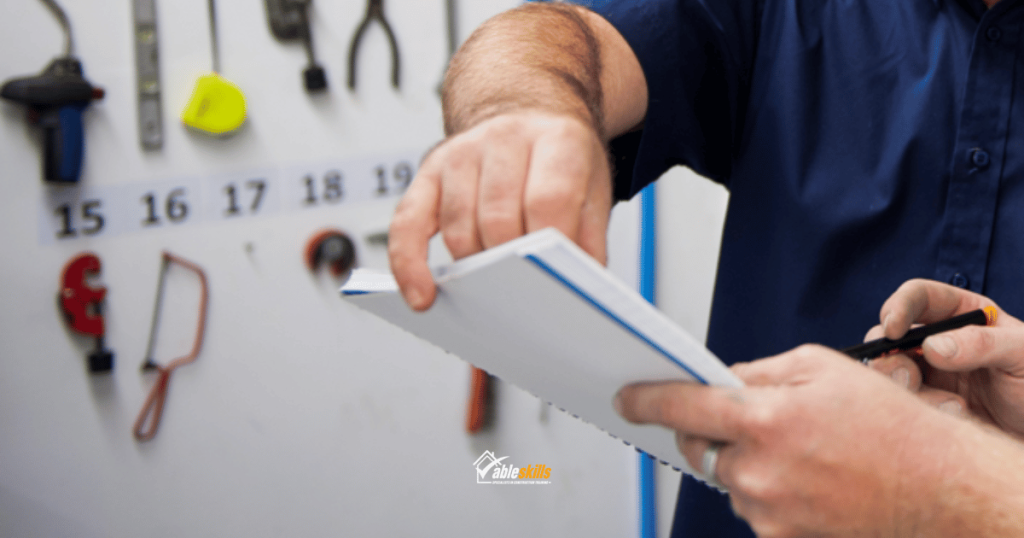
When training to become a qualified plumber, there are several things to consider, including which formal industry qualifications you’ll want to pursue.
One of the most common questions is whether or not you must complete an NVQ qualification, and what job prospects can be unlocked in obtaining this sought-after accreditation.
What is an NVQ?
A National Vocational Qualification, or NVQ, is a practical, work-based qualification that recognises a person possesses the skills and knowledge needed to carry out the roles and responsibilities involved within their chosen area of work, up to the level of that qualification.
Why would a plumber need an NVQ?
While a plumber doesn’t need to hold an NVQ before beginning work in the industry, they will be restricted to only being able to work in a domestic setting without this qualification.
For those who want to work in a commercial setting, or on a construction site, then training up to NVQ Level 2 is expected, as this level of qualification is a necessity when it comes to applying for a CSCS card — now a requirement to work on nearly any UK site.
Holding an NVQ is also clear evidence to both potential employers and customers that you have trained to a high level and can be relied on to carry out work competently and safely, making it an effective marker when it comes to standing out amongst competitors in the industry.
Do you need to have completed a plumbing course to achieve an NVQ?
Since the NVQ is a work-based assessment, you’ll need to have trained to a high enough level that will make gaining work a possibility, be it through a private training provider, college course or apprenticeship.
A City & Guilds Level 2 Plumbing course is a great way for newcomers to the industry to train to a standard that will open up the possibility of plumbing employment in a domestic capacity, and therefore the possibility of taking an NVQ assessment.